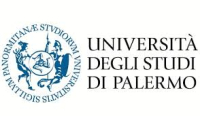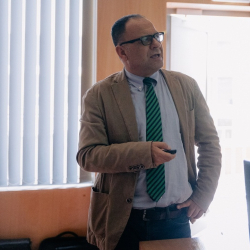ABOUT US




Agricultural crops are currently managed with unsustainable practices that cause the loss of biodiversity. In particular, pest management in the Mediterranean region still largely relies on chemical pesticides that negatively affect beneficial insects (predators, parasitoids and pollinators), disturb beneficial microbial communities in the soil, threatening stability of agroecosystems, food security and human health. ECOBOOST will identify, develop, validate, and promote novel agroecological practices that boost functional biodiversity and maximize ecosystem services in Mediterranean crops, while minimizing negative environmental impacts of agriculture and preserving farmers’ income. ECOBOOST will use a holistic approach to provide Mediterranean farmers the knowledge and tools needed to implement agroecological practices and promote biodiversity at different levels (i.e. aboveground biodiversity, belowground biodiversity, crop biodiversity). Our consortium includes 10 partners from Italy, Greece, Germany, Algeria, Morocco, Tunisia and Turkey, whereas farmers associations, SMEs and NGOs have expressed their support to the project.

















.jpg)














